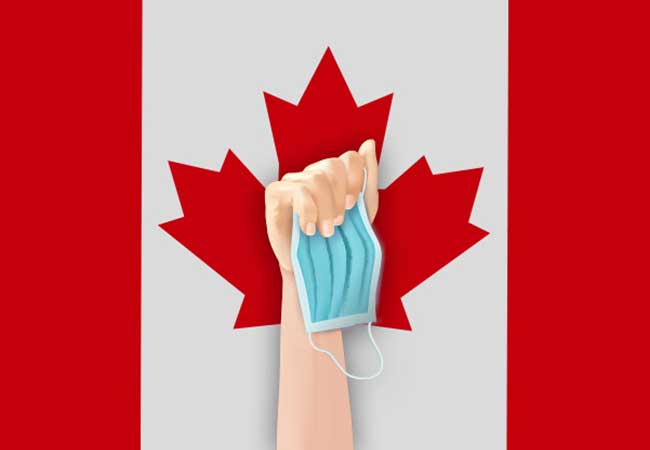
10 Things Student should know before you arrive in UK on study visa.
The UK is one of the dream destinations amongst overseas students to study higher education, with more than half million foreign students taking admissions each year. UK is always remained in top priorities amongst for best world class education system.
Step 1: Costs and Budget
You need to figure out the fixed cost of expense and budget to it. You need to consider Study Program Fees, House Rent, Food, Insurance cost NHS (National Health Service) surcharge, and other miscellaneous expenditures. To figure out all this expenses you can easily Google it. You may also check with university websites and many online websites and applications to evaluate the expenses.
Step 2: NHS (National Health Insurance)
Once you pay the NHS surcharge, you are eligible to take the benefits of the country’s health service. There are certain services which you can get under NHS and for few medical cares you have to pay. You can see a doctor, receive emergency treatment and access compulsory psychiatric treatment for free. But treatments like dental care, vaccinations and optical care are not available free of cost.
Step 3: Accommodation
Finding a right accommodation is seems to be a quite a big task. But believe me it is not so. To make it simple, quick and right choice, you have to follow certain points. First you have to narrow down available options for the accommodation like university-owned student accommodation, private student accommodation and renting a flat, sharing a studio or house with other mates. And once you have all options available select the one which suits you best, my advice to you is select the options where in you can meet more people, make new friends, even if you might have to share to learn a bit.
Step 4: Earn with Studies
The general student visa (Tier 4) category allows you to do job with studies in the UK, but your weekly hours and the types of jobs you can hold will be restricted. You are permitted to work up to 20 hours a week, but you should double-check this. The exact number of hours student is allowed to work depends on a number of factors, so make sure to check the latest updates on it.
Step 5: Etiquette
You have to learn the Five Key etiquette of saying thank you, Please, excuse me, sorry, Pardon me. This is one of the biggest culture differences of being in UK. You need to be polite and well mannered and good behaved. For example, if you’re trying to ask someone a question, you might say: “Sorry, can I ask you a question?” Politeness also extends to things like queuing respectfully, as well as saying “thank you” or “excuse me”. This is inoffensive way of communicating in UK culture.
Step 6: Transportation
There are lots of ways to commute in UK, including trains, buses, ferries, trams, bikes, taxis and good old-fashioned walking. For travelling around the UK, you can buy the 16 to 25 rail card for approx £30. Once you have the rail card, you can purchase tickets for around the UK with a subsidized rate of one third of the regular adult charge. You can also get a Young Persons Coach card which only costs £12.50 a year and provides you with discounted coach travel around the country.
Step 7: Geography
United Kingdom is cluster of four countries. Each of the four countries England, Wales, Scotland and Northern Ireland joined in 1801. Each country has vast history to it. All four countries are unique in accents, food, traditions, values and language, so it’s important to respect that. The countries in the United Kingdom are tied together by the head of state, the Queen.
Step 8: The grading system
The UK university grading system works a little differently to anywhere else in the world and can be confusing at first for international students. So here’s a brief breakdown:
- First class degree – a grade of 70 per cent or higher means this is the top grade you can get.
- 2:1 (upper second class) – this is a grade of 60-69 per cent and is sometimes the minimum you need to get if you want to go on to do a masters or postgraduate degree.
- 2:2 (lower second class) – a grade of 50-59 per cent.
- Third class degree – a grade of 45-49 per cent.
- Ordinary degree – a grade of 40-44 per cent is the absolute minimum you need to pass.
- Fail – you did not pass the assignment or course and will need to complete it again.
Step 9: Student visas
The most common student visa type for international students is the general student visa (Tier 4), which allows you to work part-time. But there are some other student visa options too. You can apply for the Tier 4 (Child) student visa if you’re aged four to seventeen years and you want to study at an independent school in the UK. Alternatively, you can apply for a short-term study visa for a period of six or 11 months if you’re over the age of sixteen and you’re studying an English language course.
Step 10: British university culture
UK culture of drinking tea to having a pint in the local pub is quite unique. A backbone of student social life is clubs, societies and organizations run by the student union. There are student societies for sports, politics, hobbies, religion, entertainment, activism and gender.
Typical classes emphasizes more on critical and analytical thinking and self-motivated learning, with some classes even encouraging you to call them by their first names. You will be expected to do lots of reading in your own time and, depending on your subject, you may also have workshops, lab experiments and work experience as part of your study program curriculum. While you’re at university to study and learn, it’s worth getting involved in the social activity too.






